Calories in Squash, winter, hubbard, cooked, boiled, mashed, with salt
12 calories
Serving Size 0.25 cup, mashed (about 59 g)
There is no photo available for this food item however it should be similar in terms of nutritional content and calorie density as the following items. You can use these for references.
(97% similar)
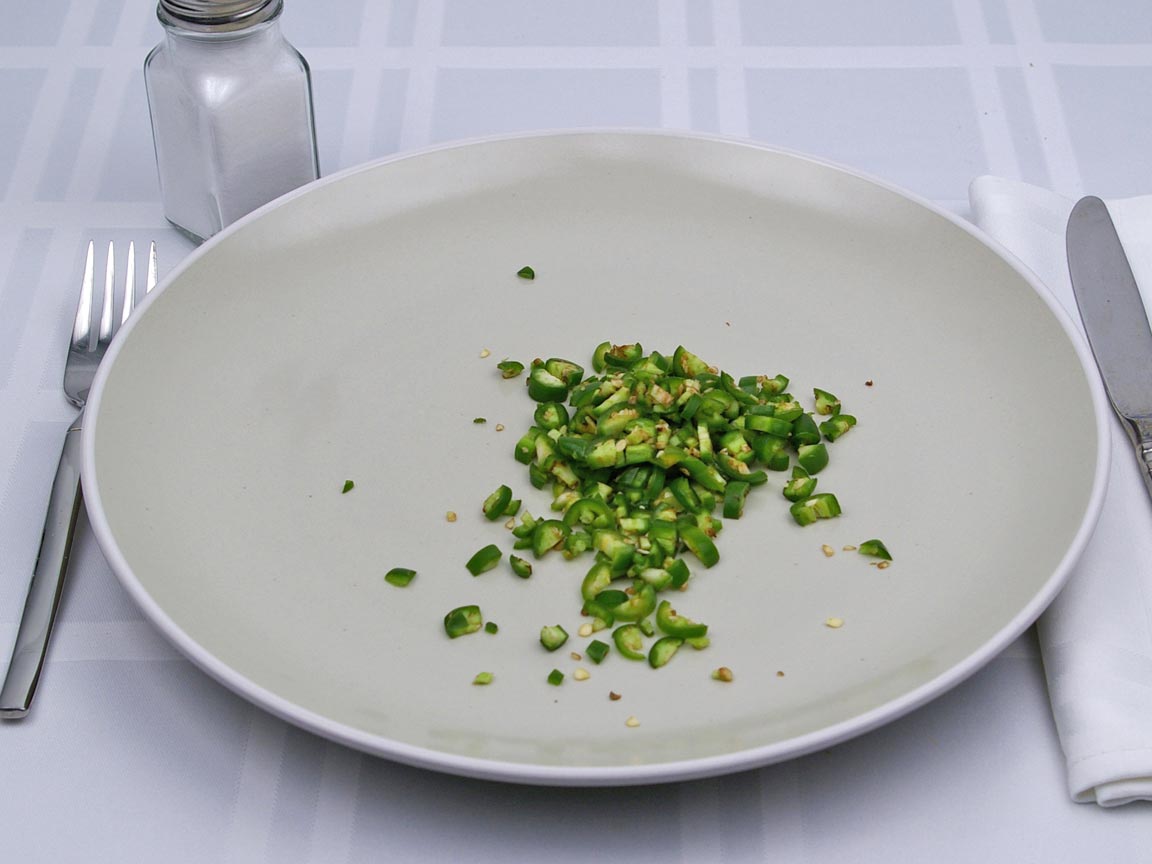
Serrano Chile
(95% similar)
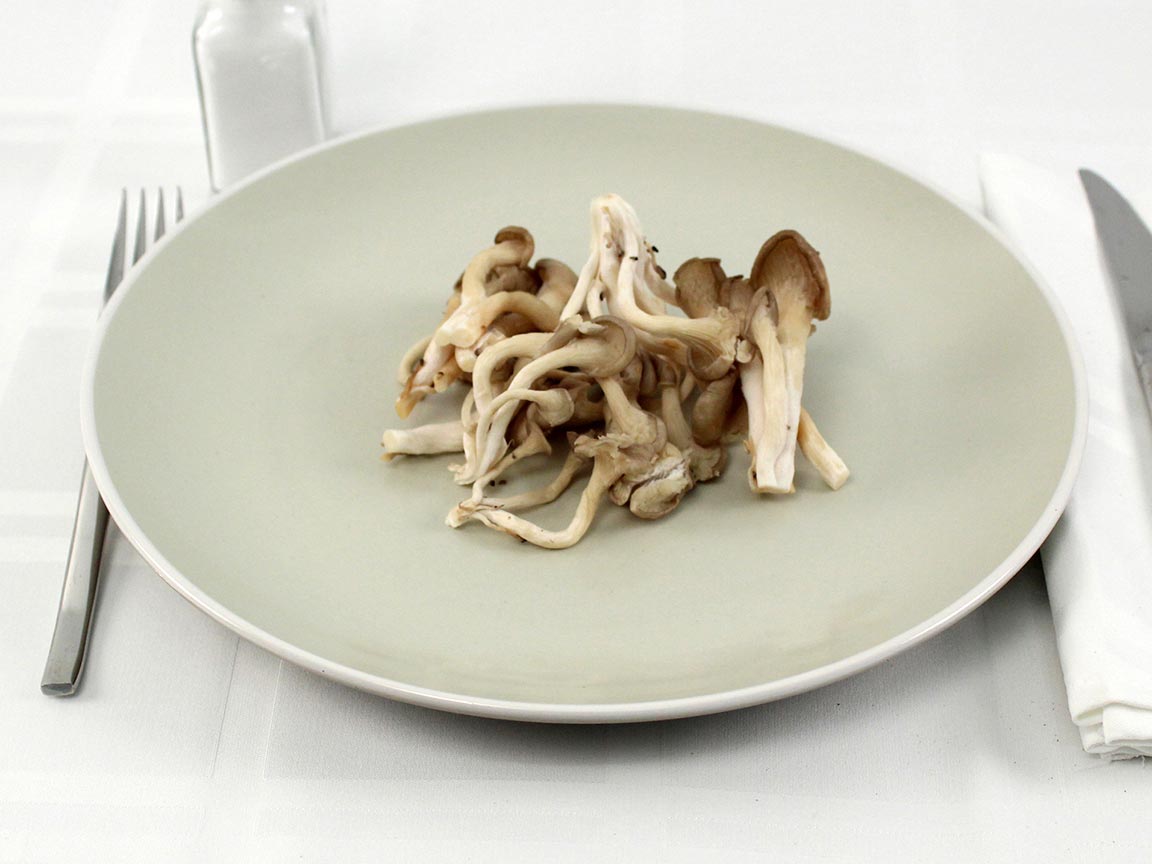
Maitake Mushrooms
(95% similar)
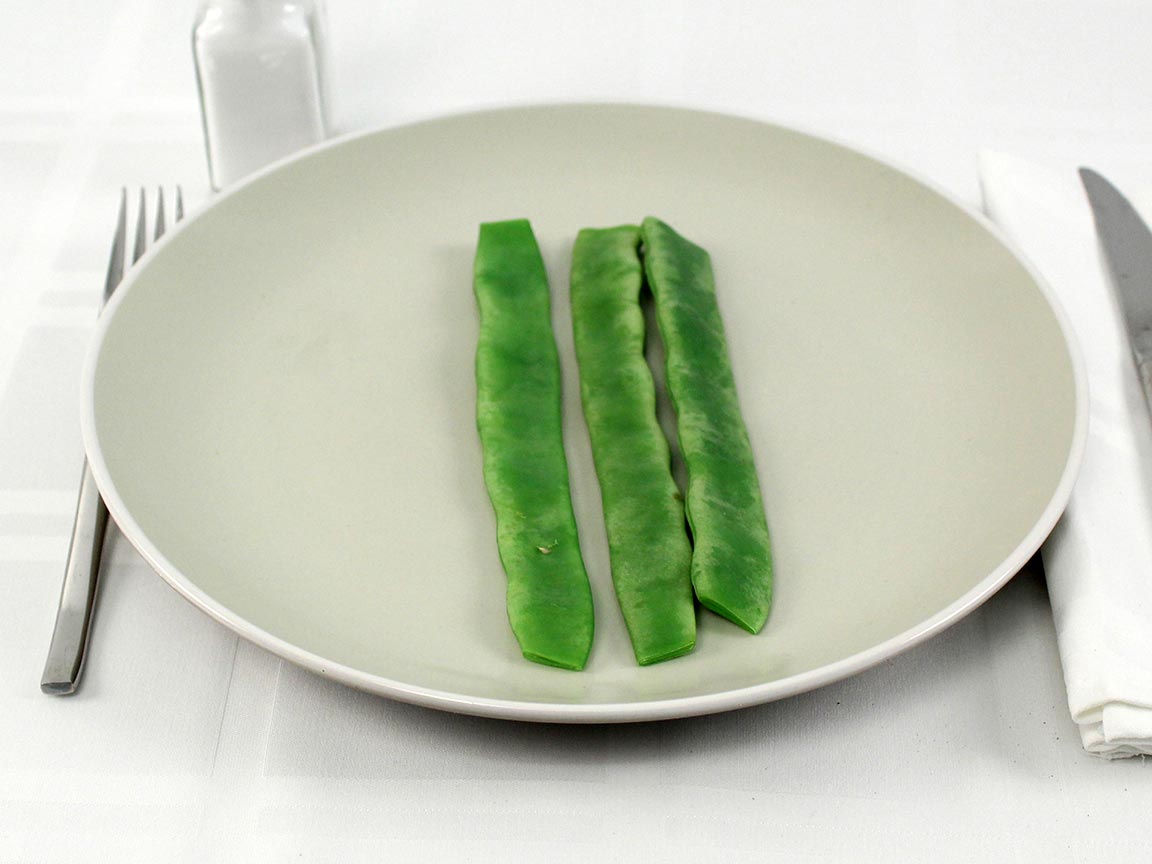
Romano Beans Raw
(95% similar)
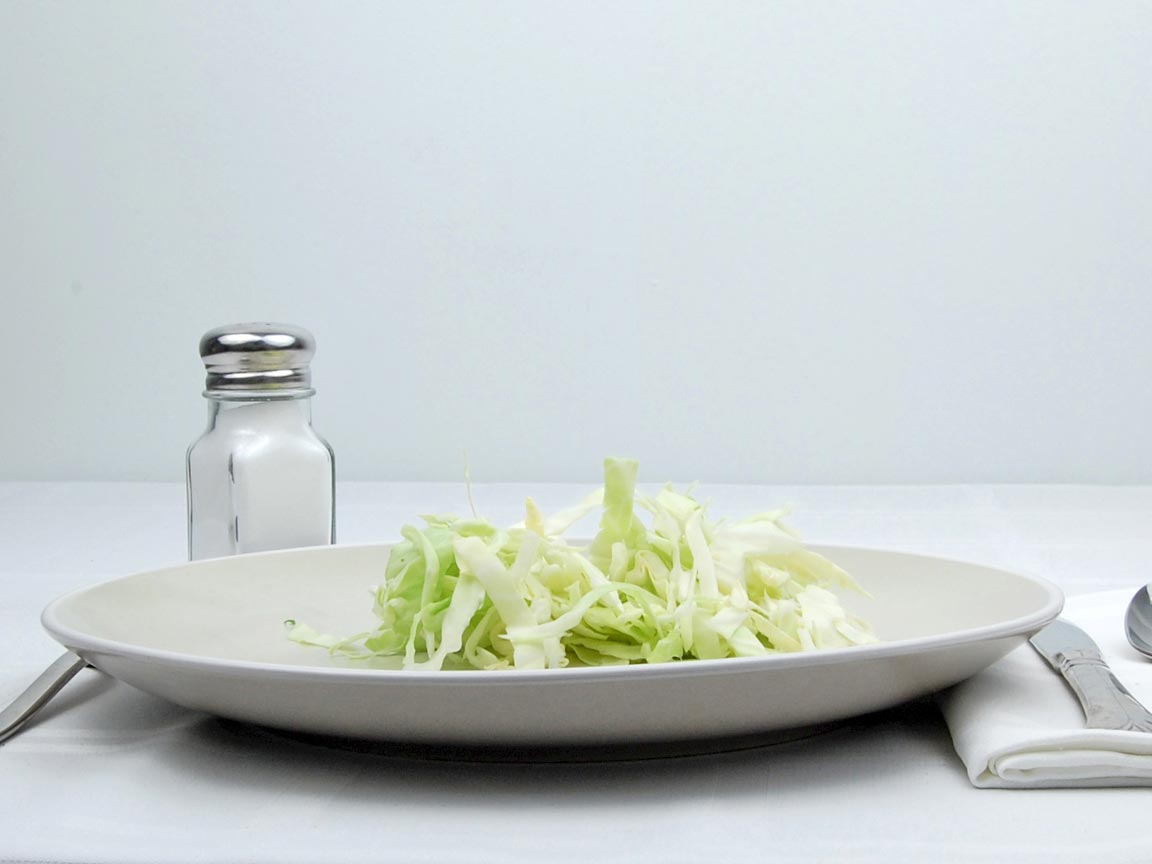
Cabbage - Raw
(94% similar)
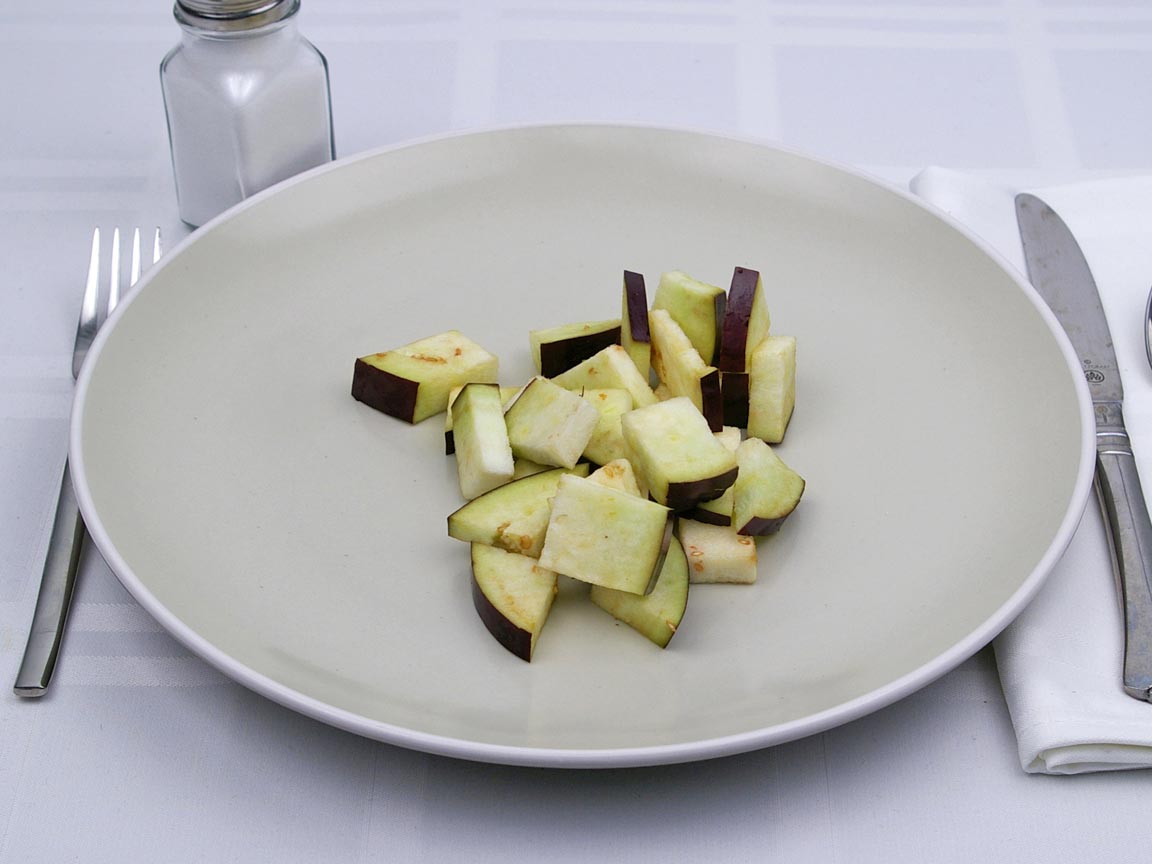
Eggplant - Raw
(94% similar)
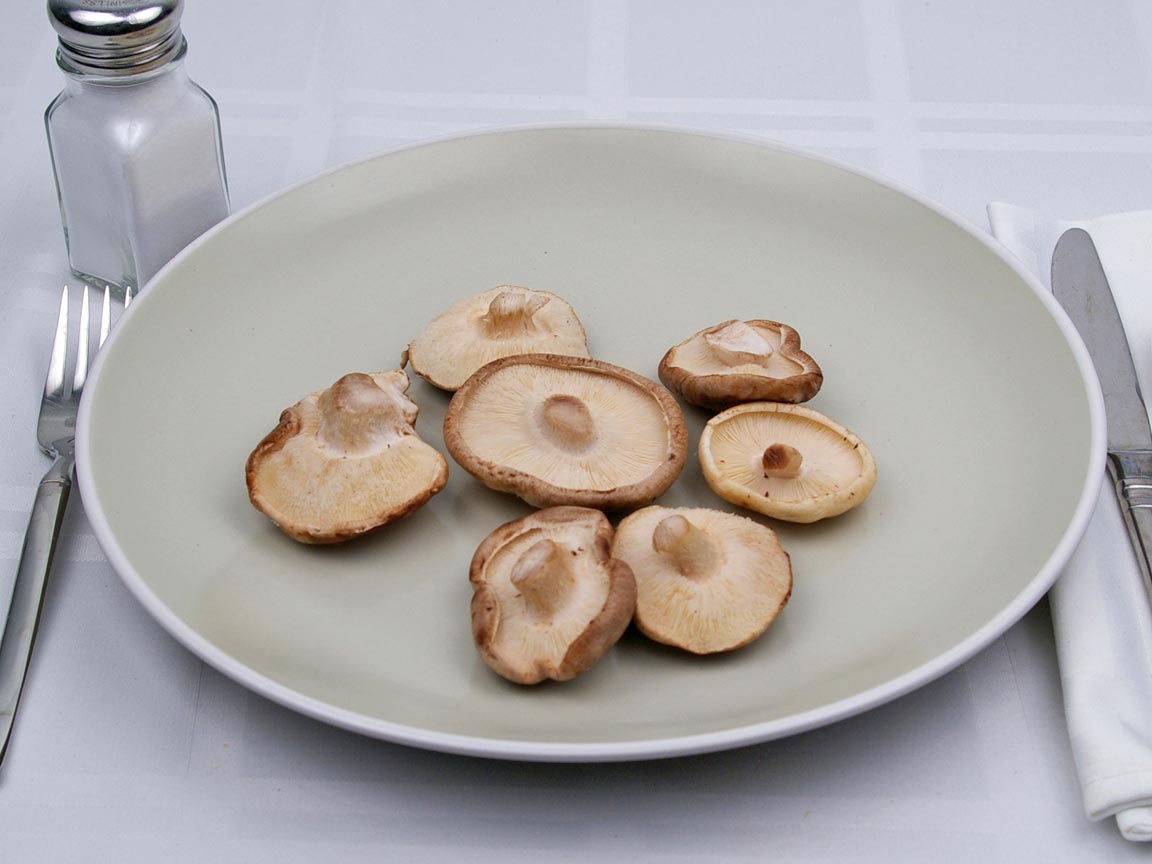
Shitake Mushrooms
Serving Size 0.25 cup, mashed (about 59 g)
| Amount Per Serving | ||
|---|---|---|
| Calories 12 | Calories from Fat 1 | |
| % Daily Value* | ||
|
Total Fat
0 |
0 |
|
|
Saturated Fat
0 |
0 |
|
|
Trans Fat
0 |
||
|
Cholesterol
0 |
0 |
|
|
Sodium
142 |
6 |
|
|
Total Carbohydrate
3 |
1 |
|
|
Dietary Fiber
1 |
4 |
|
|
Sugars
1 |
||
|
Protein
0 |
||
* Percent Daily Values are based on a 2,000 calorie diet. Your daily values may be higher or lower depending on your calorie needs.
Available portions
Food analysis
Low In Fat
Low Calorie Density
High In Fiber
High Sodium
There is 12 calories in 59 grams of Squash, winter,.
With 28 calories per 100 grams, this food would be considered a Low calorie density food.
A Low calorie density usually indicate that you can consume a larger amount of food with less calories and are usually good choices when dieting.
Squash, winter, is High in carbohydrates, Medium in proteins and Very Low in fats. You can look at the macronutrients graph below for a detailed ratio.
With a High quantity of fibers and a Low quantity of sugars, this usually indicates that it is a good choice of carbohydrates.
With 4 grams of "Net carbohydrates" per 100 grams,
it must be consumed with moderation if you are following a Keto or Ketosis diet.
Related Searches
cooked
hubbard
winter
squash
boiled
mashed
salt
with
Macronutrients split
85.7% Carbohydrates
0.0% Fats
Nutrients and how much we eat of it play an important role on our health and body composition. To learn more on theses, check our blog posts on Proteins, Carbohydrates and Fats.